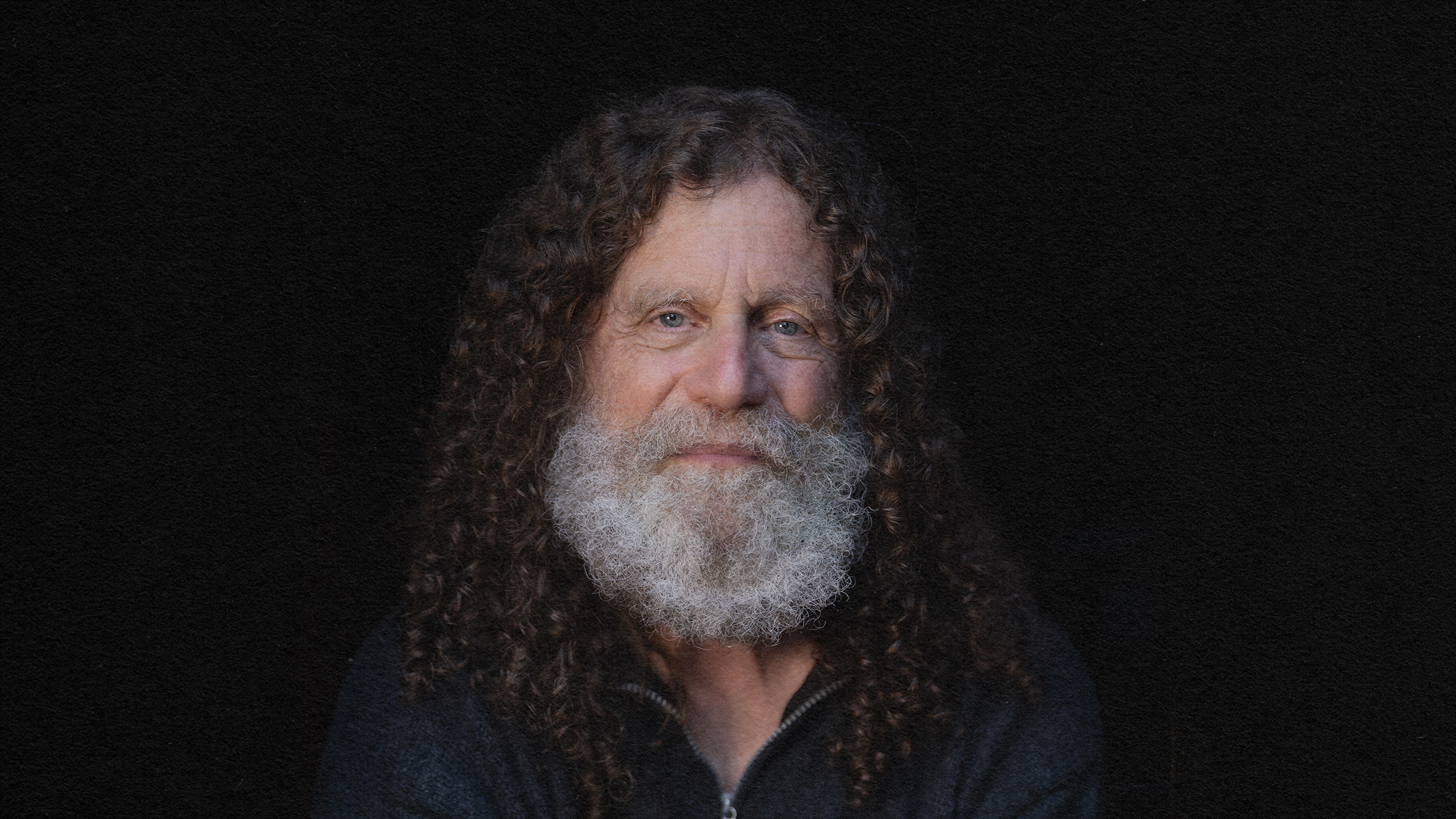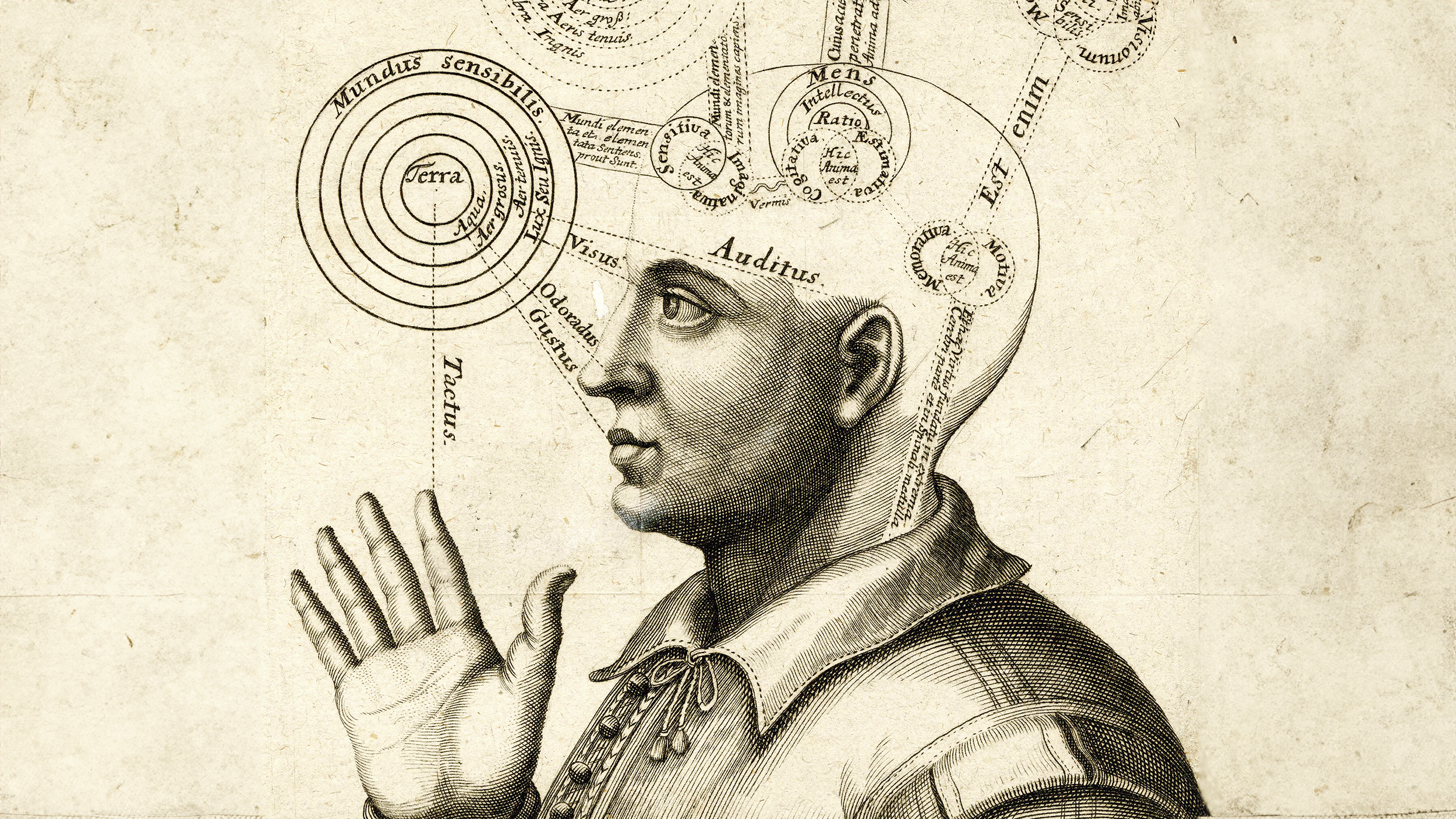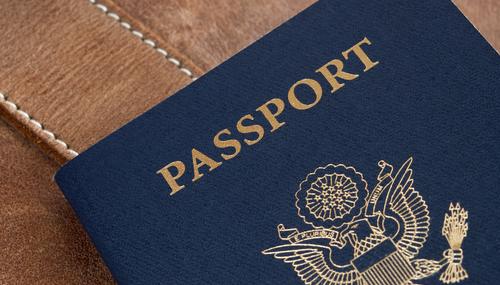How the Brain Allows for Free Will

What’s the Latest Development?
A new analysis of the Libet experiment, the classic neurological study which supposedly disproved free will, is helping make human volition viable again. In Libet’s original experiment, an EEG machine measured electrical activity that occurred in the brain before individuals were aware they had made a spontaneous movement. “Called the readiness potential, this has been interpreted as a blow to free will, as it suggests that the brain prepares to act well before we are conscious of the urge to move.” A new understanding of spontaneous brain activity, however, is throwing doubt onto the study’s original conclusion.
What’s the Big Idea?
In 2009, a pair of researchers at the University of Otago in Dunedin, New Zealand, designed an experiment to test the nature of spontaneous brain activity. What they found is that the brain assembles a series of neurons that, once they cross a threshold, constitute a decision to act. In the experiment, individuals who reacted most quickly to the experimenters’ prompt to move also had the greatest neuron buildup. Aaron Schurger of the National Institute of Health and Medical Research in Saclay, France, said of the results: “…what looks like a pre-conscious decision process may not in fact reflect a decision at all. It only looks that way because of the nature of spontaneous brain activity.”
Photo credit: Shutterstock.com





